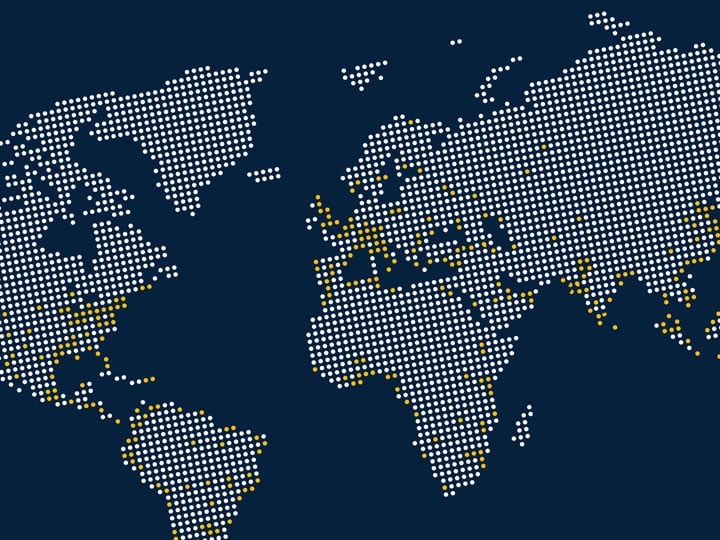Verification of Material Acceptance in the Automotive Industry
The Production Part Approval Process (PPAP) was initially developed by AIAG (Automotive Industry Action Group) in 1993 with input from the ‘Big Three’ – Ford, Chrysler, and General Motors. If your materials are intended for use in automotive parts, you must complete the PPAP to meet the requirements of top automotive manufacturers’ quality systems (QS9000). Once you submit your material samples to an A2LA Accredited Laboratory, such as Intertek, we can generate data and help you prepare your PPAP submission for approval.
To meet material specifications, your PPAP material may be subject to the following tests:
- Charpy Impact
- Density
- Flammability
- Flexural Properties Testing
- Fogging
- Heat Aging
- Heat Deflection Temperature
- Linear Thermal Expansion
- Melt Flow Rate
- Mold Shrinkage / 3D Measuring
- Multiaxial Impact
- Plastics Tensile Testing
- Poisson’s Ratio
- Vicat Softening Temperature
Knowledge Center
Master FMVSS 108 Compliance – Download the Expert Guide
Automotive Functional Safety & Cyber Security FAQs
Development of Driveline Electrification Technologies White Paper
Understanding Failure Analysis and Answering your Frequently Asked Questions
The Top-7 FAQs of Autonomous Vehicles Testing
The Top-10 FAQs of Advanced Composites Testing
The Top-10 FAQs of Automotive Interior Testing
Accelerated Stress Testing to Manage Disruptive Market Changes Webinar
Transitioning to Structural Composites to Meet CAFE Standards
Automotive Interiors Testing White Paper
Resources
Global Research & Certification
SatelliteTM Client Test Program
Engineering and Technical Staffing
SupplyTek - gain the confidence to go to market faster
Protek - safeguard people, systems and processes, facilities, materials and surfaces, and products

